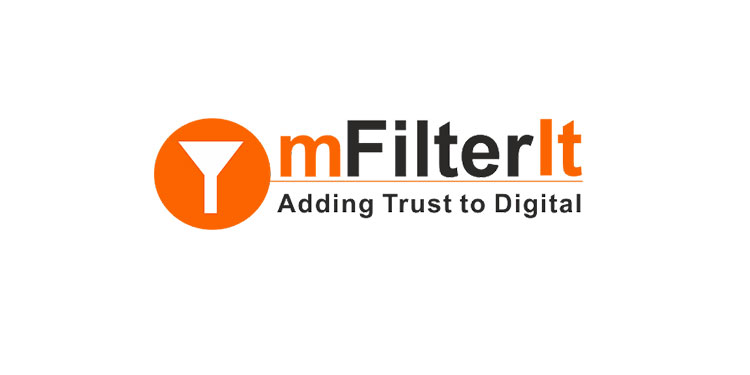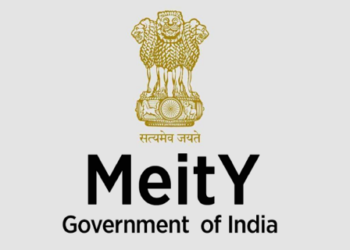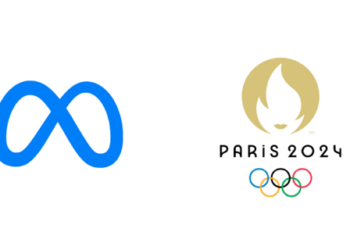New Delhi: At a time of rising digital Ad frauds, mFilterIt, a leading global digital trust and integrity partner of leading brands and organisations today announced the launch of OCIS (Online Communities Integrity Suite) – a suite for managing online communities with integrity to build trustworthy and real engagements with fans and other community members. As per mfilterIt estimates, around 17%-18% of fraud spent are incurred on managing communities in India and with help of mFilterIt OCIS offering, brands can save upto 10-15 % in managing online communities.
To cap it all, the suite offers comprehensive real-time monitoring and protection to elevate the community engagement so that genuine fans don’t get cheated or fall prey to false information bringing a discredit to the brand with which they get associated.
Announcing the suite, Amit Relan, Co-Founder and Director, mFilterIt said, “Co-creation has become the essence of digital led products and services. The participation of fans and their say is on the rise and brands, especially in the sectors like consumer electronics, smartphones and fashion are nurturing communities that run into millions engaging them actively in product co-development, beta testing and other areas. Also, these are engaged in loyalty programmes and social snowballing to become new-age brand influencers and promoters.”
“It is very critical of brands to ensure integrity of community platforms so that there are no data breach, privacy or scams with the genuine community members who also develop an emotional association with the brand. No brand can afford to lose this emotional equity,” concluded Amit.
With the help of Online Communities Integration Suite, the average fraud spends are expected to significantly come down to about 1%. Some of the unique issues solved by the implementation of OCIS include: –
BOT signups: Scammers use BOTs to signup such communities for various reasons. These range from potential cyber security issues to scams. In some rare instances, it could also be a regressive competition tactics to downgrade reputation of the brand. The suite identifies and blocks all BOT signups resulting only in genuine signups.
Fake offers and coupons: Throughout the year, especially during periods like upcoming online festival sales season, fake offers and coupons are spread like wildfire exploiting the power of chatting applications and other social media channels. These are hacks and click baits to generate traffic on poor and inappropriate websites as well as potential channels of installing malware on smartphones and laptops. The incent wall and coupon tracking module reports any such fake offers to save community members from a digital compromise.
Account Take Over or ATO protection: Fake sites and forms are floated by scammers infringing the brand identity to disguise as a real brand outreach to its community members. They fill up details on signup and the account is taken over with authentic credentials by scammers. They can then consume the loyalty points as well as run a calling scam on behalf of the brand sharing account facts like history of purchase, etc., to establish as a genuine and authorised brand representative for further cheating which is most of the times monetary in nature. The brand infringement module does active tracking of all such fake or mirror websites, forms, etc., so that community members are saved from engaging with them well in time.
Fake Engagements: BOTs are also being used for spamming with comments, likes / dislikes, etc., to change the sentiment of an engagement. This not only spreads wrong information but also risks losing potential buyers who research about products and their features by reading these comments. The suite also filters real versus fake engagements to gauge the real sentiment.
Database collection: Fake lookalike websites are launched by scammers with subtle changes in the URLs along with very aggressive SEM (Search Engine Marketing). The potential community members search for the community portals and many-a-times land up infringed websites where the scammers collect data for further frauds and scams. This database is also then sold to tele-calling agencies increasing the threat of unsolicited calls.
Highlighting the unique capabilities of the suite, Dhiraj Gupta, Co-Founder and CTO, mFilterIt said, “We use a very complex algorithm to actively monitor surface as well as dark web spaces and then using ML and AI convert them into meaningful and actionable reports helping brand custodians and community owners to proactively safeguard from any potential harm to the identity and privacy of their community members.”
“As responsible brands it should be one of the critical focus areas of the digital transformation process of organisations to implement such systems giving communities confidence of engaging more openly,” Dhiraj added.
Ad Fraud is estimated to cost advertisers and brands around $44 billion by 2022. Studies also indicate that each year $1.5 billion is lost due to affiliate marketing fraud. It’s the ad fraud which is plaguing the digital landscape. Around 65,000 fake apps were detected alone on Google Play Store in 2019 according to McAfee Mobile Threat Report 2019. According to a reliable report, during May-Nov 2020, against total installs of around 2.3 crores, install fraud was around 44% and the unique event fraud was at 29%.
















